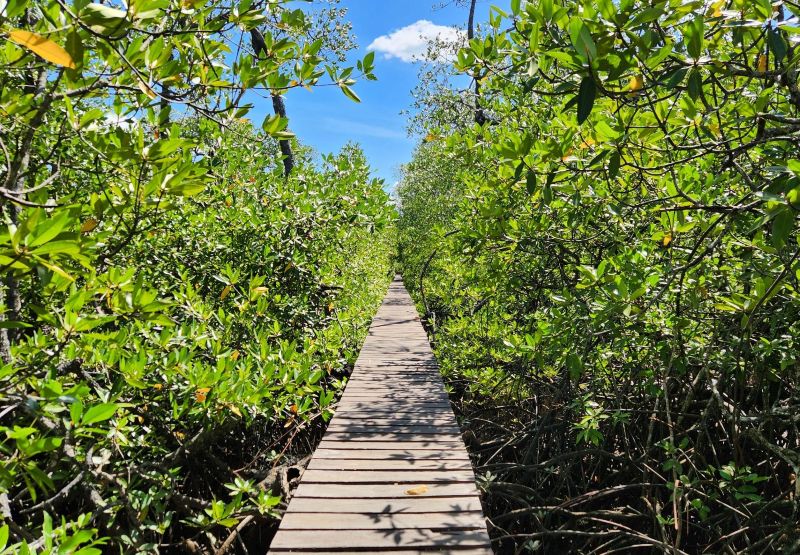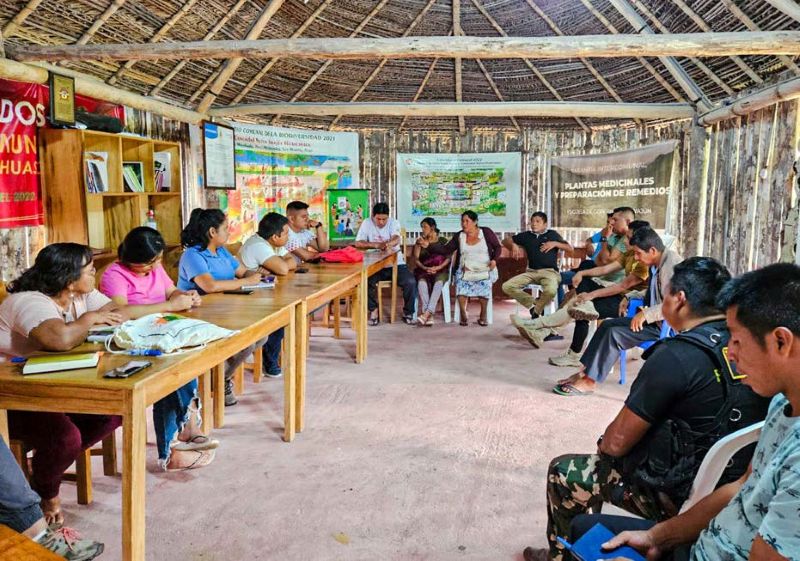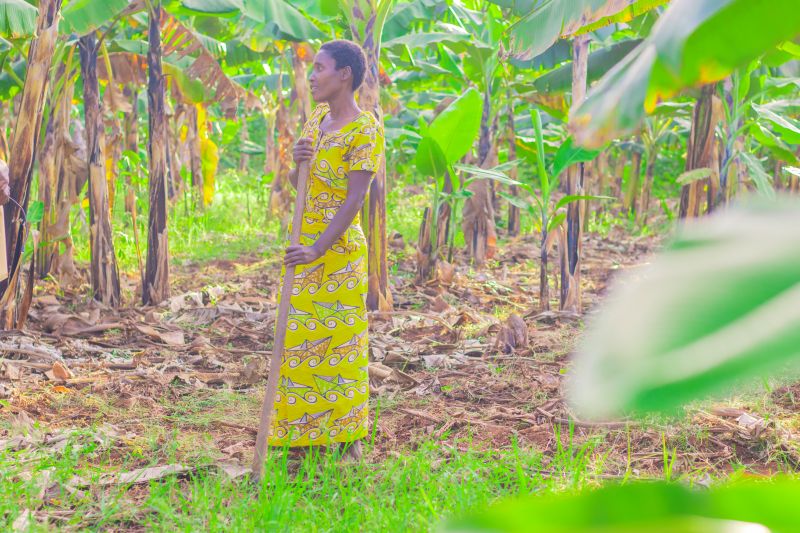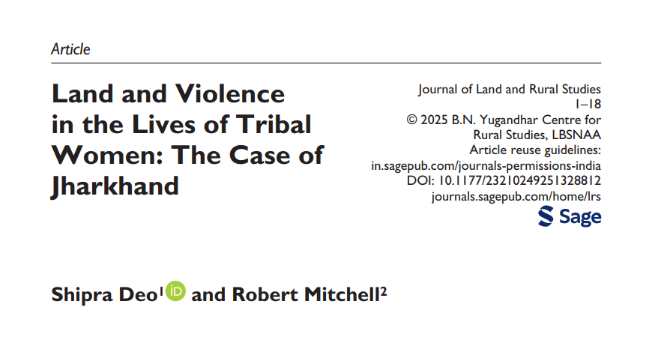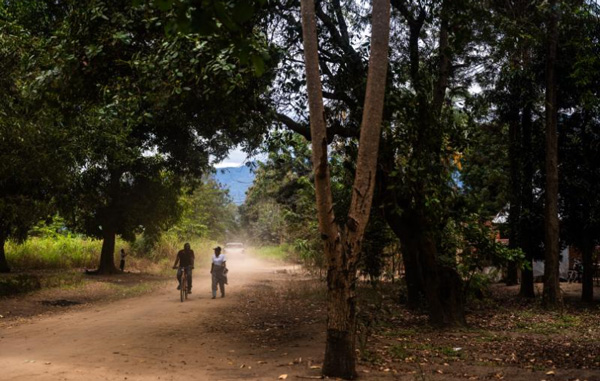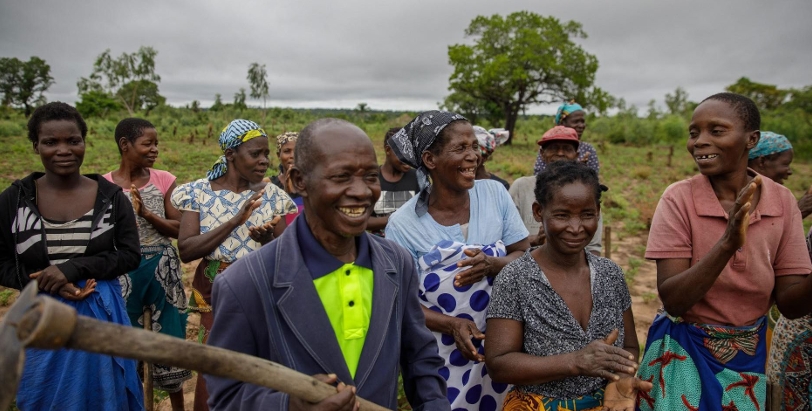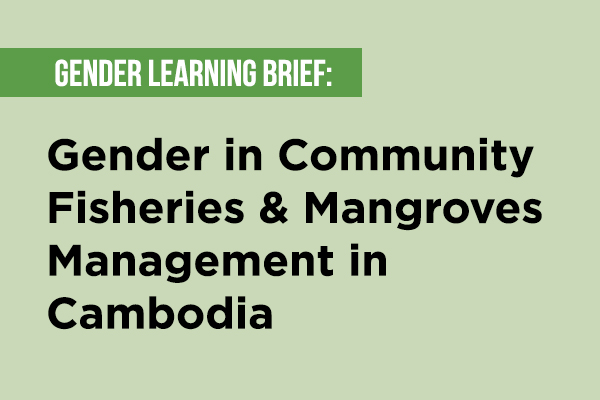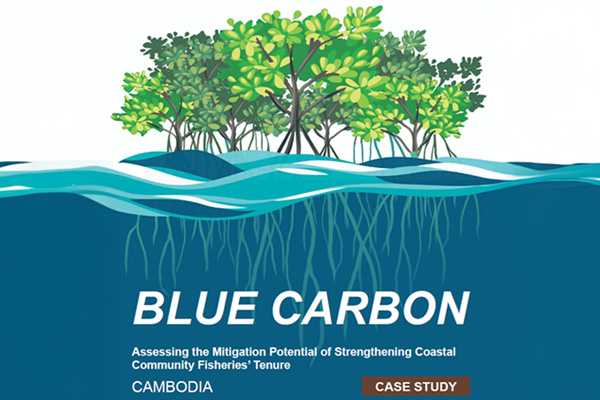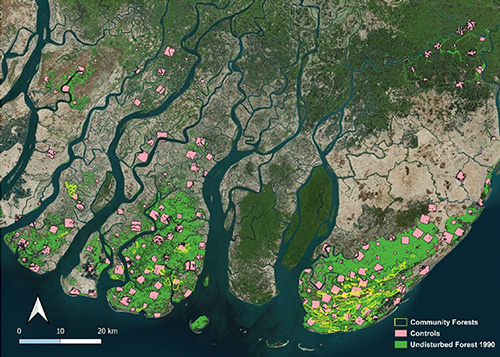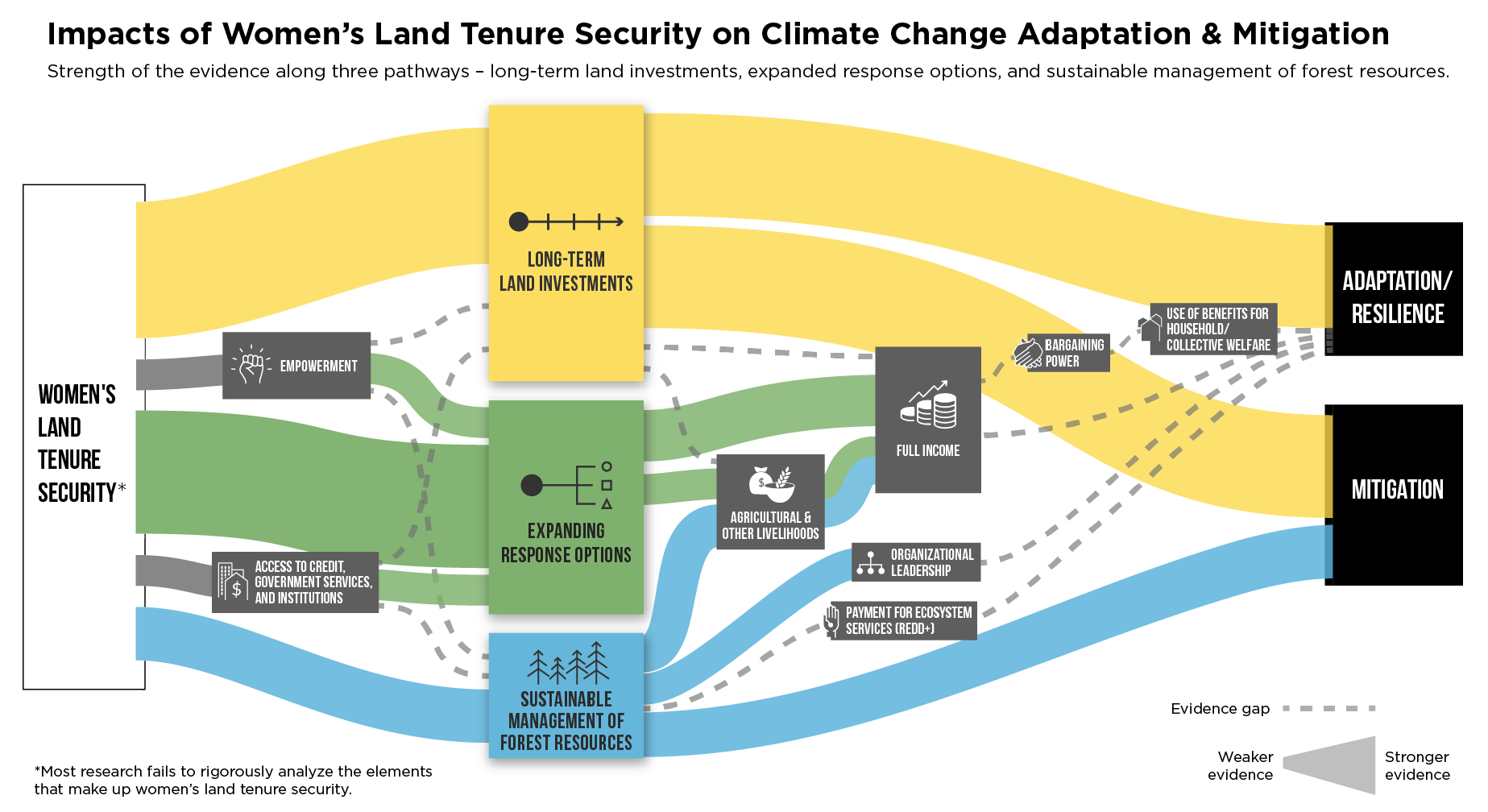Resources
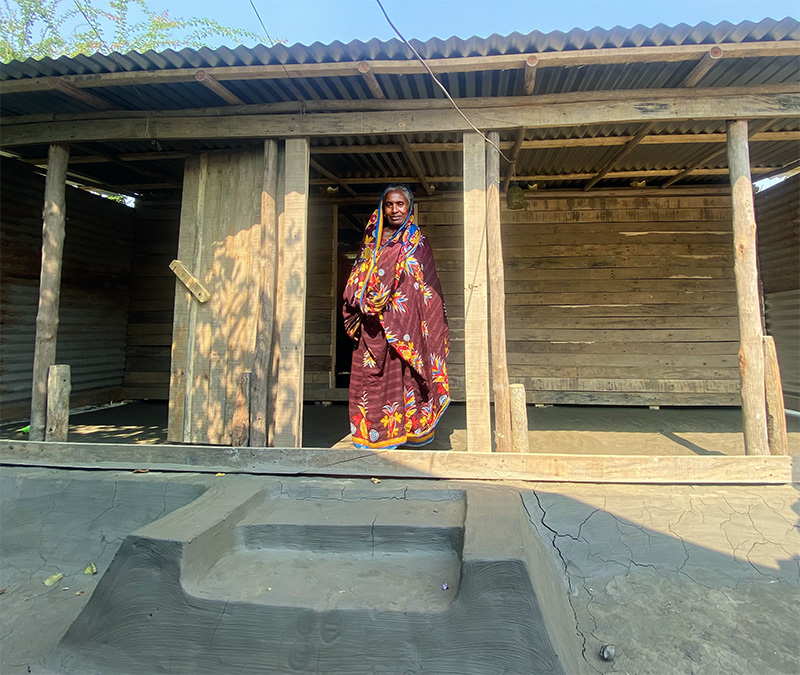
Featured resource
Landesa’s new study demonstrates how Indonesia’s intended new capital city can showcase integrated and inclusive tenure security and coastal management that balance urban development with mangrove ecosystem conservation. The study reveals the feasibility of implementing Payment for Ecosystem Services and proposes integrating ecosystem service economics with the land certification framework in the country, pioneering gender-responsive ecosystem service rights certification.
This case study provides lessons and good practices from the Tajimat Pujut Initiative (TPI), an Indigenous-led carbon project in Peru, offering insights into how effective consultation and consent practices can support responsible carbon projects that align with Indigenous values and deliver sustainable returns for their use and management of land and forests.
For a widow living with a disability, correcting her land boundaries was more than a technical process; it was a gateway to dignity, peace of mind, and community inclusion.
Jharkhand leads India in witchcraft-related crimes, often tied to land disputes. This article examines how weak land rights expose tribal women to violence and outlines steps to reduce their vulnerability.
An interactive Tanzanian case study and lessons for responsible land divestment. This resource is part of an initiative on community-smart consultation and consent supported by the BHP Foundation and implemented by Landesa, in partnership with RESOLVE, Conservation International, and the Centre for Social Responsibility in Mining (CSRM) at The University of Queensland.
Two recent cases of voluntary relinquishment of land by a company offer a rare opportunity to better understand land divestment, and to identify motivations, risks, and good practices to carry out a responsible exit that supports communities’ rights and benefits.
This Learning Brief, co-authored with Parliamentary Centre of Asia, highlights findings from a baseline survey and qualitative assessments Landesa’s local partners carried out in five Community Fisheries (CFis) in Cambodia that are part of a Coastal Livelihoods and Mangroves project. The brief describes gender dynamics in CFi participation and management, notes root causes of inequities related to social norms and local beliefs, and provides insights into effective interventions and pathways for strengthening CFis, livelihoods, and mangrove ecosystem health through gender equality.
Blue Carbon: Assessing the Mitigation Potential of Strengthening Coastal Community Fisheries’ Tenure
A new Landesa report shows how strengthening local rights to manage coastal resources in Cambodia can protect livelihoods, restore mangrove forests, and fight climate change. Many community fishery organizations face challenges like unclear boundaries and limited control over their resources, putting both ecosystems and livelihoods at risk. This report shares findings from carbon studies at two pilot sites, highlighting how strengthening land rights can help expand Cambodia’s efforts to reduce carbon emissions and meet its climate goals.
Landesa contributed to a peer-reviewed study comparing 50 coastal villages with community forest (CF) certification to 50 control villages, revealing significant positive outcomes for mangrove conservation in Myanmar. CF sites saw reduced deforestation, enhanced regrowth, and a surprising spillover effect, where nearby non-CF areas also experienced increased forest cover. The study underscores the long-term benefits of government and INGO support, while highlighting the need for sustainable community management and governance to ensure continued success in protecting vital ecosystems.
As research on the nexus of land tenure security and climate grows, a more fine-tuned focus on tenure security for whom is needed to assess emerging evidence that women’s land tenure security (WLTS) can be an important lever for enhanced climate change mitigation and adaptation. To this end, we reviewed relevant empirical evidence to ascertain how WLTS affects climate change mitigation and adaptation. Our review seeks to further clarify the significance of women’s land tenure security to climate change mitigation and adaptation, inform Landesa and partners’ climate advocacy, and provide guidance to partners in data generation.
